Related Research Articles
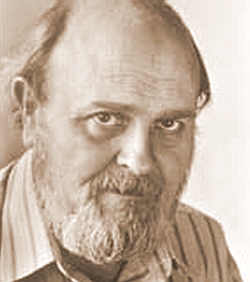
Osvaldo Soriano was an Argentine journalist and writer.
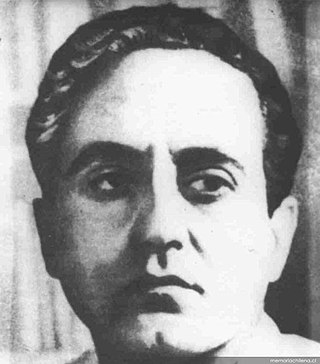
Miguel Salinas Arteche, best known as Miguel Arteche, the name he adopted after legally reversing his maternal and paternal surnames in 1972, was a Chilean poet and novelist. He was born in Nueva Imperial, Cautín, 9th Region, on June 4, 1926, but spent most of his adult life in Santiago, Chile working as an academic. He was also awarded government positions, both in Chile and abroad. His writings appeared first in the Anthology of the Generation of 1950, compiled by Enrique Lafourcade, a well-known Chilean writer.

Juan Carlos Mundin-Schaffter, known as Carlos Thompson, was an Argentine actor.
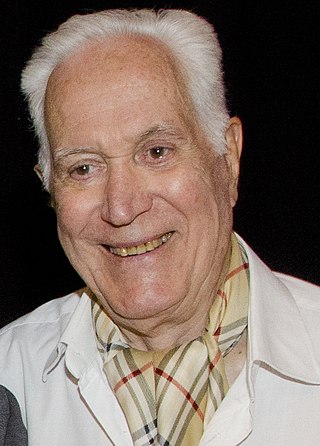
Federico Luppi was an Argentine film, TV, radio and theatre actor. He won numerous awards throughout his acting career, including a Concha de Plata at the San Sebastian International Film Festival.

Latin American literature consists of the oral and written literature of Latin America in several languages, particularly in Spanish, Portuguese, and the indigenous languages of the Americas. It rose to particular prominence globally during the second half of the 20th century, largely due to the international success of the style known as magical realism. As such, the region's literature is often associated solely with this style, with the 20th century literary movement known as Latin American Boom, and with its most famous exponent, Gabriel García Márquez. Latin American literature has a rich and complex tradition of literary production that dates back many centuries.

Los Incas, also known as Urubamba, are an Andean folk music group formed in Paris in 1956. Founded by the Argentine musicians Carlos Miguel Ben-Pott and Ricardo Galeazzi who was a jazz bassist, musical director of the group and the Venezuelans Elio Riveros and Narciso Debourg. Since the beginning of the 1960s, it had been constantly directed musically by the Argentine Jorge Milchberg, who, originally a classically trained pianist, had become an internationally renowned charanguist.
Pedro Vargas Mata was a Mexican tenor and actor, from the golden age of Mexican cinema, participating in more than 70 films. He was known as the "Nightingale of the Americas", "Song Samurai" or "Continental Tenor".

Santiago Gómez Cousillas was a classic Uruguayan - Argentine actor who appeared in films between 1936 and 1980.

Pierre Bruno Hugo Fontana, otherwise known as Hugo del Carril, was an Argentine film actor, film director and tango singer of the classic era.
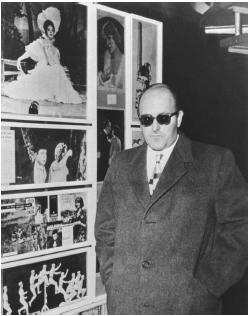
Leopoldo Torre Nilsson, also known as Leo Towers and as Babsy, was an Argentine film director, producer and screenwriter.

Fernando Siro was an Argentine film actor, film director and screenwriter.
The Count of Monte Cristo is a 1953 Argentine-Mexican historical adventure film directed by León Klimovsky and starring Jorge Mistral, Elina Colomer and Santiago Gómez Cou. It is an adaptation of Alexandre Dumas's 1844 novel The Count of Monte Cristo.
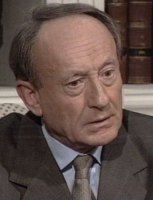
Arturo Maly was a Silver Condor Award–winning Argentine actor.
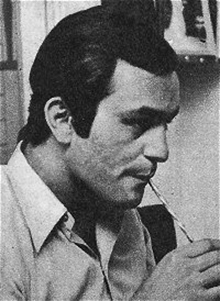
Fuad Jorge Jury, better known by his stage name Leonardo Favio, was an Argentine singer, actor and filmmaker. He is considered one of Argentina's best film directors and one of the country's most enduring cultural figures, as well as a popular singer-songwriter throughout Latin America.
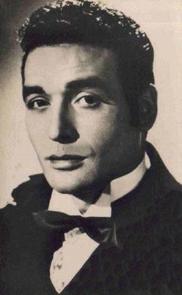
Modesto Llosas Rosell known professionally as Jorge Mistral was a Spanish film actor. During the 1940s, he became a star in films produced by CIFESA. In the 1950s, he lived and worked in México and appeared in Luis Buñuel's Abismos de pasión in 1954. Later, in the 1960s, he directed three films.
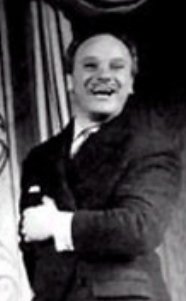
Marcos Zucker was an Argentine actor and comedian, known for his work on stage, on television, and in films, he is best known for his comedic roles and appeared in 66 films.
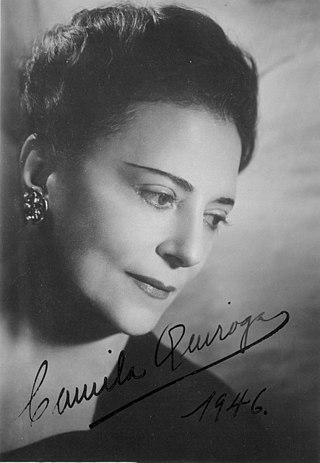
Camila Josefa Ramona Pássera was an Argentine actress acclaimed in America and Europe. She was also one of the founding members of "Asociación Argentina de Actores".

The Cinema of Bolivia comprises the film and videos made within the nation of Bolivia or by Bolivian filmmakers abroad. Though the country's film infrastructure is too small to be considered a film industry, Bolivia has a rich film history. Bolivia has consistently produced feature-length films since the 1920s, many of which are documentary or take a documentary approach to their subject. Film historian José Sánchez-H has observed that the predominant theme of many Bolivian films is the country's indigenous cultures and political oppression.
Héctor Méndez (1913–1980) was an Argentine film actor.
Magdalena Pulido was a prolific Spanish film editor who was active from the 1940s through the 1970s. She worked on more than 50 films, TV episodes, and TV movies over the course of her career.
References
- 1 2 "Crimen sin olvido (1968)". Cine Nacional (in Spanish). Buenos Aires, Argentina: Cinenacional.com . Retrieved 19 July 2015.